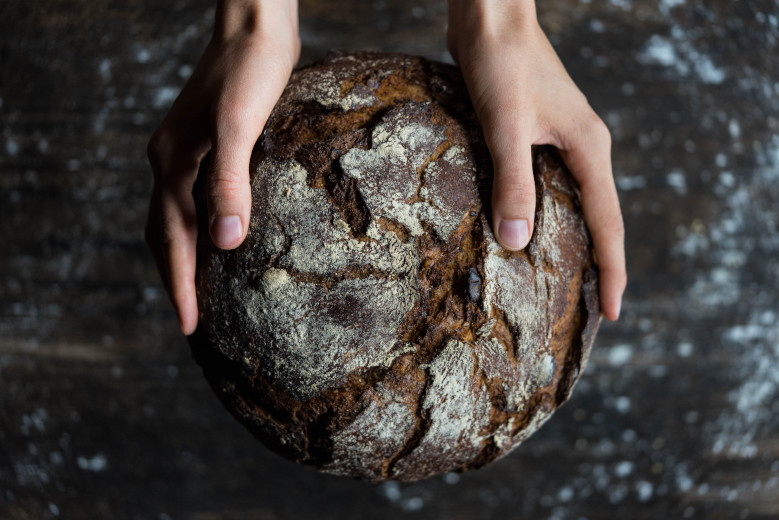
Large amounts of bread are wasted every
year and are at most used for biogas production, with opportunities to reuse
bread, according to Sweden’s first quantitative study, undertaken by Pedro
Brancoli. The research in the field of Resource Recovery is part of his Ph.D.
studies at the University of Borås. The results of Brancoli’s doctoral project
show that it would be beneficial for bread waste to be transformed into new
food and other products, both from an environmental and economic standpoint.
Bread in particular has been a neglected
food item in the research literature on food waste, the study found. The
overall goal of the project was to design and evaluate measures to reduce bread
waste, especially in bakeries and large grocery stores, the University of Borås
announced, quoting the author: “We have made calculations of the amount of
bread waste, analyzed the reasons behind it, and suggested solutions. Then we
evaluated this in relation to potential environmental savings.”
The project initially examined food waste
in general at large grocery stores to understand which products were most often
discarded and to estimate its impact on the environment. It showed that bread
waste in particular accounts for a significant burden on the environment, even
though it had previously not been considered a significant source of waste. The
discovery led to a collaboration with bread bakeries and retailers to look at
bread waste at the national level and to find methods to prevent it, or to
recycle it as a raw material to produce something else.
“We could establish that large amounts of
bread are wasted in Sweden. To be more precise, 80,000 tonnes per year, or
about 8 kg per person and year. The current bread distribution system also
proved to be a significant source of bread waste. But we were also able to show
that the bread that is wasted actually has a significant value,” Brancoli
explained.
A perspective for the future
The most important thing, he outlined,
should always be to prevent bread waste from occurring from the beginning by
identifying risks and developing effective strategies. Bread waste can be used
in several ways, including as a raw material to produce ethanol, animal feed,
beer, or as a substrate to grow a protein-rich fungus, which can be used as
food. “These alternatives have great potential to reduce the environmental
impact in terms of the bread life cycle,” he said.
The research highlights that bread can very
well be part of a circular supply chain, with increased cooperation throughout
the supply chain. The next step in the research is to implement the measures
proposed in the dissertation for grocery stores and bakeries and to investigate
food waste in other parts of the supply chain in Sweden and internationally.
The Ph.D. thesis
is titled: “Prevention and valorization of surplus bread at the
supplier-retailer interface”. It was presented on December 3, 2021, at the
University of Borås, and prepared under the supervision of Professor Kim
Bolton, University of Borås.


